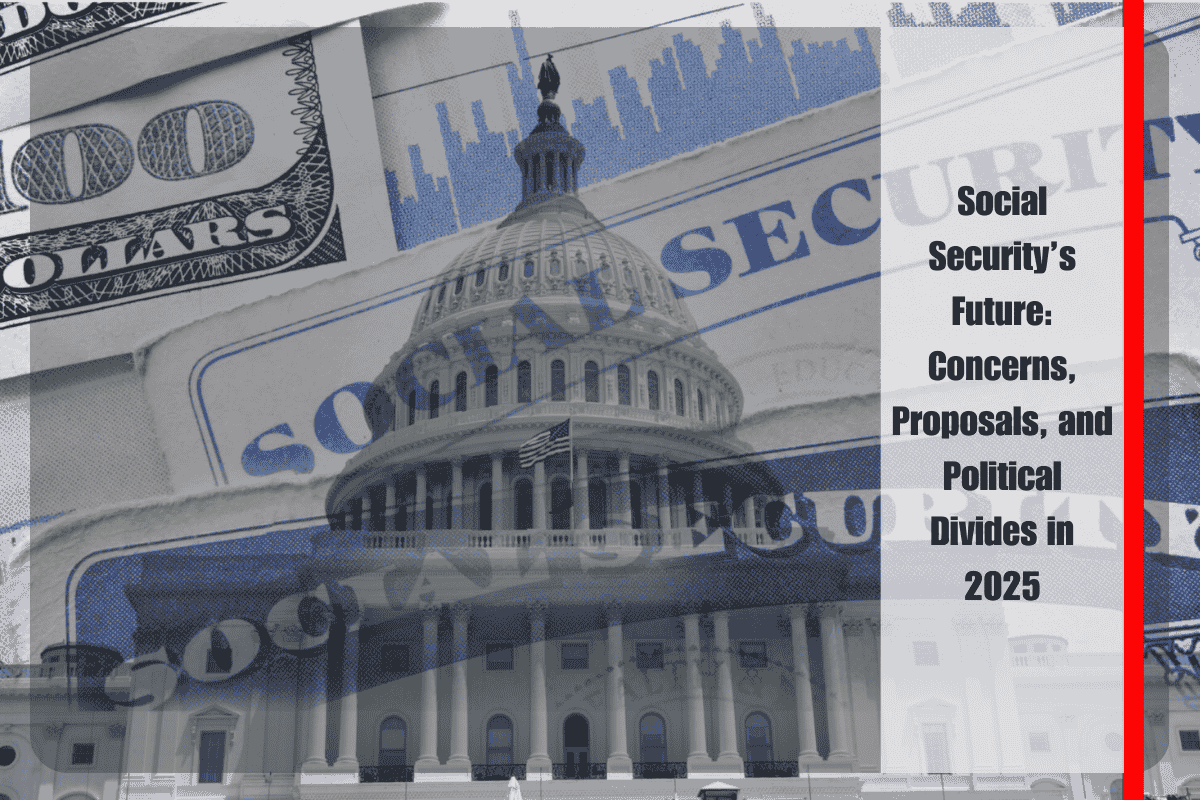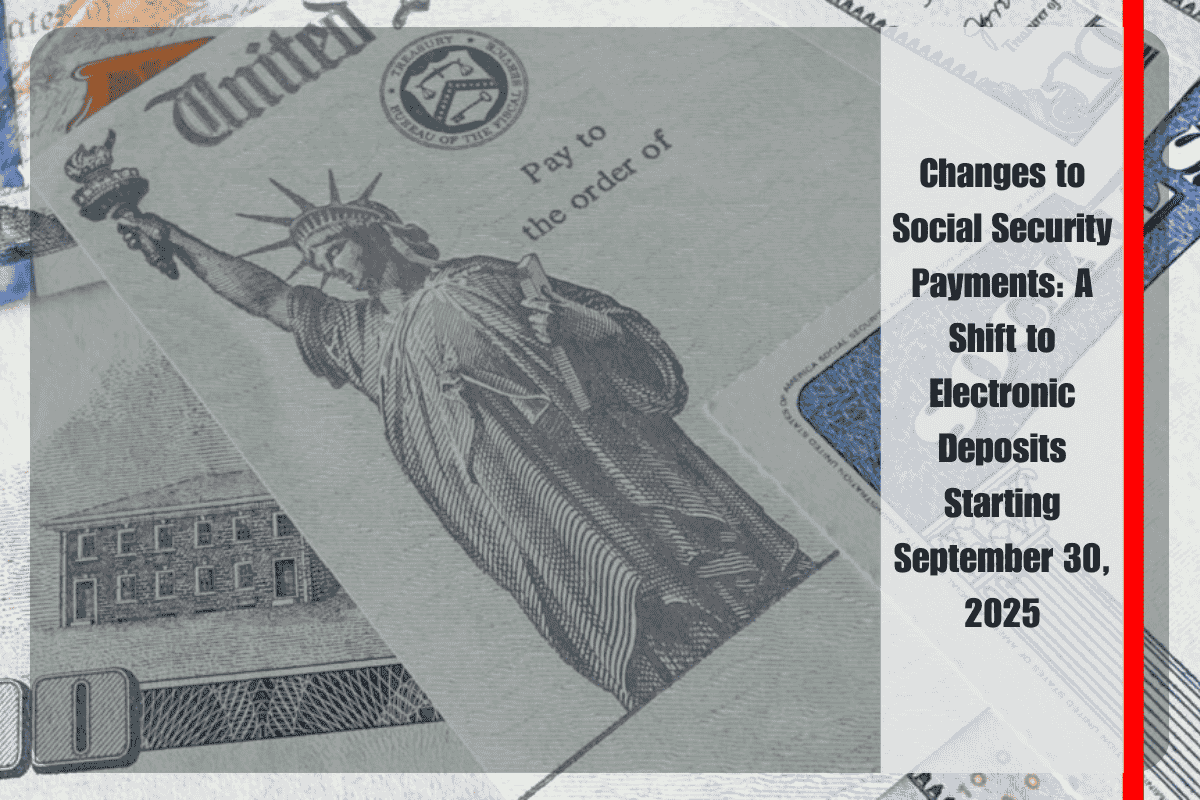Nearly 9 in 10 Americans ages 50 and older rely on Social Security for their income or plan to in the future, according to a recent AARP survey released Tuesday. However, the survey also reveals growing concerns about the program’s sustainability. 78% of all adults worry that Social Security won’t provide enough to live on during retirement.
The survey, which included responses from 3,599 Americans ages 18 and older, highlights a significant drop in confidence in Social Security’s future. Only 36% of Americans are confident about Social Security’s future, down from 43% five years ago. AARP CEO Myechia Minter-Jordan addressed the findings, noting that Social Security has become more important to Americans than ever before, with many viewing it as a key element to a dignified retirement, regardless of income.
Key Concerns: Erosion of Confidence
Minter-Jordan expressed concern that faith in the system is waning, particularly among those who have paid into the system for years. According to AARP, many people are increasingly worried about the inflationary pressures and the ability of retirees to depend on Social Security as a stable source of income. The increasing pace of inflation and rising living costs have left many feeling that their expenses outpace their income, creating greater reliance on Social Security benefits.
With 65 million Americans currently receiving benefits, and projections estimating 82 million by 2035, Social Security plays a crucial role in the lives of millions. In Oklahoma, for instance, over 838,000 residents depend on Social Security, with 43% of them relying on it for at least half of their income. For 22%, it constitutes 90% or more of their income.
Concerns Over the Social Security Trust Fund
AARP’s report also pointed to concerns about the Social Security Trust Fund, which could be depleted by 2033 unless lawmakers take action. If this happens, Social Security will still be able to pay out 77% of benefits. AARP’s senior vice president of government affairs, Bill Sweeney, emphasized that one-third of survey respondents mistakenly believe that once the trust fund is depleted, Social Security will be unable to pay benefits at all.
Historically, when the trust fund ran into similar challenges, Congress acted to address the situation. Sweeney expressed confidence that Congress would not allow benefits to be cut by 20%, as this would be politically unfeasible.
The Need for Change
Despite these concerns, AARP is fighting for bipartisan support to ensure Social Security is protected and strengthened. The organization has fought against cuts to cost-of-living adjustments and efforts to privatize Social Security. Additionally, it has helped block proposals requiring in-person filing at Social Security Administration offices, which would pose significant challenges for retirees, especially those in remote areas or without transportation.
As August 14 marks the 90th anniversary of the Social Security Act, AARP continues to advocate for the preservation and improvement of the program. The findings of the survey serve as a reminder of the need to protect this vital source of income for millions of Americans in retirement.
With confidence in Social Security at a low point and concerns about the program’s future increasing, it is clear that protecting Social Security remains a critical issue. As retirees and current workers look to the future, the need for continued reform and action is essential to ensure that the program remains sustainable and adequately supports those who rely on it.












